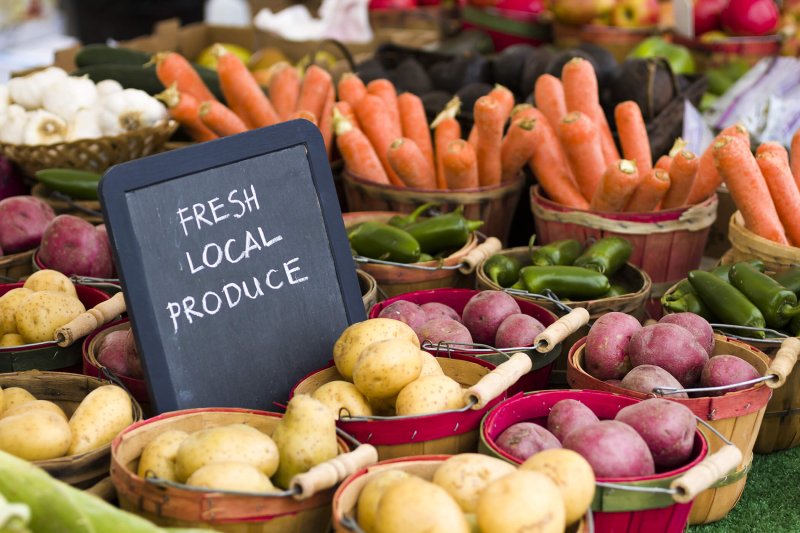If you’re paying more for local and organic groceries because you care about the environment, here’s some bad news: science shows your efforts won’t have much impact on your carbon emissions.
The good news is that scientists have done the math on dietary changes that can make a difference.
…
“There’s a …[perception] that organic agriculture is a lot more sustainable than conventional agriculture is, so I guess I was kind of predisposed to believe that too until I looked at the data,” said Michael Clark, a PhD student at the University of Minnesota’s department of natural resources science and management.
…
[Clark’s] study found that organic and conventional agriculture “did not differ significantly in their greenhouse gas emissions.”…
[Seth Wynes, a PhD student in the Department of Geography at the University of British Columbia] found that while buying local can have other benefits, such as supporting local communities and knowing where your food comes from, “in terms of your emissions, it’s just not a big deal.”…
On the other hand, both Wynes and Clark found that switching to a plant-based diet could make a huge difference.
The GLP aggregated and excerpted this article to reflect the diversity of news, opinion and analysis. Read full, original post: Bad news: Eating local, organic won’t shrink your carbon footprint































